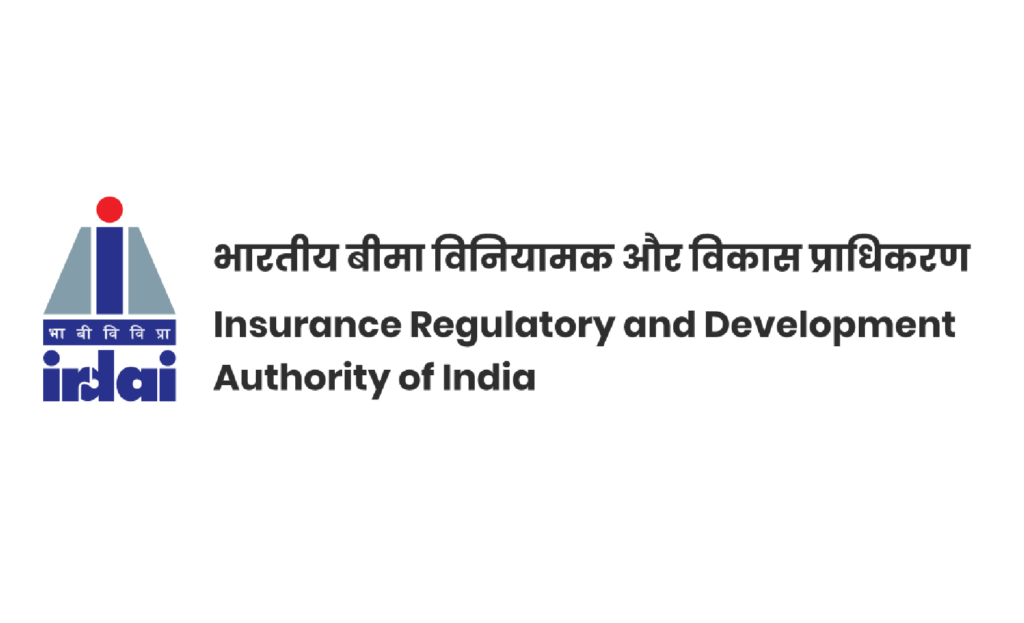The measures taken by the IRDAI would help in increasing the insurance penetration in the country, as a corporate agent may represent up to 27 insurers and sell insurance products for them. A prospective customer would now get a wide range of insurance products to choose from by consulting a single corporate agent.

As insurance agents normally get associated with only one insurance company each in life, health and general insurance segments, an agent could offer a prospective customer the products available with the company he/she is associated with. Similarly, in such a case, a prospective customer gets the offers of only a limited number of products from a single insurance company during the consultation with an agent. To get more choices, the prospective customers had no choice, but to consult another agent associated with another set of life, health and general insurers.
As corporate agents were allowed to get associated with 3 companies each in life, health and general insurance segments, consulting such an agent was a better option. But, with not many corporate agents available countrywide, the choice was still limited to enhance the insurance penetration.
The new notification from the Insurance Regulatory and Development Authority of India (IRDAI), however, has removed the limitations by allowing corporate agents to get associated with 9 companies each in the life, health and general insurance categories. So, a corporate agent may now get associated with up to 27 insurers – that is 9 each in life, health and general insurance companies – and have the products of all the companies to offer. A prospective customer would also get a wide range of insurance products to choose from by consulting a single corporate agent.
This will also help in increasing insurance penetration in the country, as a corporate agent may represent up to 27 insurers and sell insurance products for them.
“Both the above Regulations are aimed at increasing the number of insurers with whom Corporate agents & Insurance Marketing Firms can have distribution arrangements. Increasing the number of insurers enables these Distributors to offer more choices to their customers. Most of the Banks are Corporate agents and represent a wide and varied segment of customers – including retail and corporate. Opening up to 9 insurers is particularly relevant in general insurance as the number of insurance products is high and there are only some insurers who specialize in certain categories of insurance products. For Composite Corporate Agents (who can solicit life, general, and health products), tie-ups of more than 9 in each class are allowed, subject to the condition that the total number of tie-ups in all classes does not exceed 27. This further increases the choice. However, the restriction for Corporate Agents (General) in soliciting retail and commercial lines of general insurance products for a sum assured not exceeding Rs 5 crore per risk continues,” said Conjeevaram Baradhwaj, Executive Vice President (Legal & Compliance) & Company Secretary at Future Generali India Life Insurance Company Ltd.
“For Insurance Marketing Firms, besides increasing the number of tie-ups for 2 insurers to 6 in each class of insurance business, the area of operation which is currently restricted to “District” level, has been expanded to “State” level. Insurance marketing firms are now allowed to operate in all Districts of the State allotted to them. This increases the width as well as the depth of operation of Insurance marketing firms in the allotted State and will support the cause of deepening insurance penetration,” he added.
“These reforms by IRDAI will go a long way in ensuring that the regulator’s goal of “Insurance for all by 2047” is achieved. By allowing Corporate Agents (from 3 to 9) and Insurance Marketing Firms (from 2 to 6) to tie up with more insurer partners, the regulatory authority has ensured that these entities reach a wider audience and present consumers with broader choices and access to insurance plans,” said Satish Gidugu, CEO at Medi Assist.
“While these reforms drive better insurance penetration and wider choice, they also push for product innovation, newer entrants, and technology-led processes in the industry. This will make the sector more attractive for investment,” he added.
As a corporate agent may represent up to 27 insurers and sell insurance products for them, such measures would not only help in increasing the insurance penetration in the country but would also help the insurance regulator to fulfil its quest to make insurance available for all by the year 2047.

